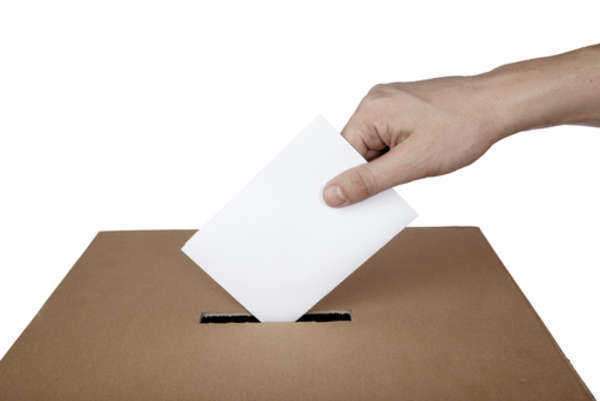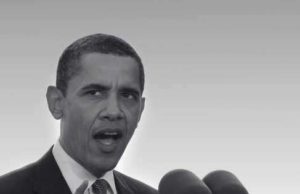
The Federal election commission is in place in order to be sure that candidates follow all campaign finance regulations which are currently in place. Campaign contributions must not exceed a certain amount for example. The election commission may audit candidate to be certain that they have paperwork which can show that they have followed each regulation.
The Federal election commission may audit a candidate if they suspect that there have been illegal contributions to a campaign. For instance, there may be limits for individual contributions, as well as contributions form special interest groups. The election commission may also check to be sure that campaign monies were not used illegally or for purposes other than teh campaign.
There are many regulations, including paperwork which must be filed for each contribution. The commission may check that paperwork and compare to the names on the campaign contribution list. For example, the commission may suspect that an individual contributed above the maximum allowable amount and that those monies were listed under another individuals name.
The manner in which campaign contributions are handled, can greatly impact the results of an election. The electoral college, which determines the number of presidential votes per state, may be influenced by the amount of money spent campaigning in each state. The electoral college can also be influenced by campaign contributions in the sense that candidates may change their stance when they accept contributions form special interest groups.
































